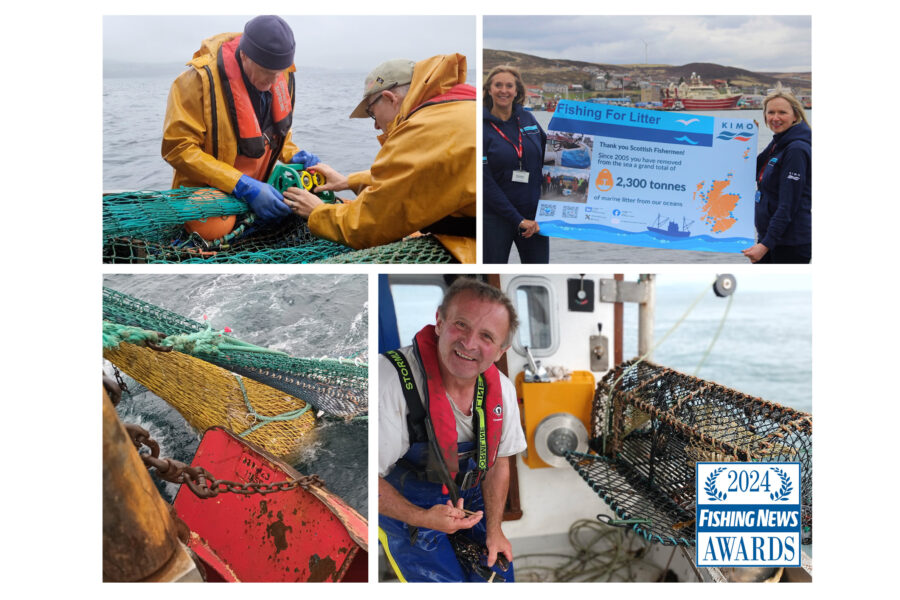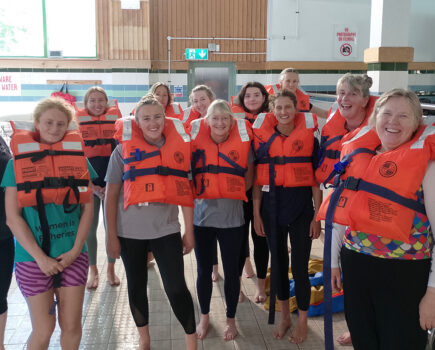The Sustainability Award recognises and celebrates innovative solutions to improving sustainability and environmental outcomes within the UK or Irish fishing industry.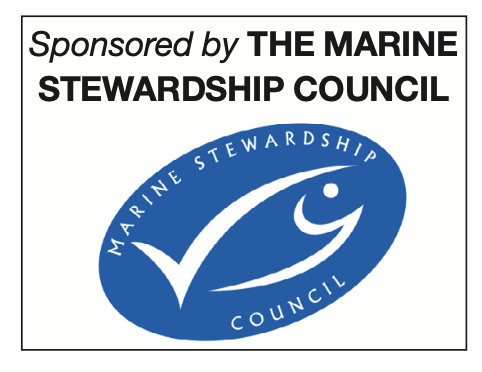
Here is the shortlist for 2024…
SafetyNet Technologies
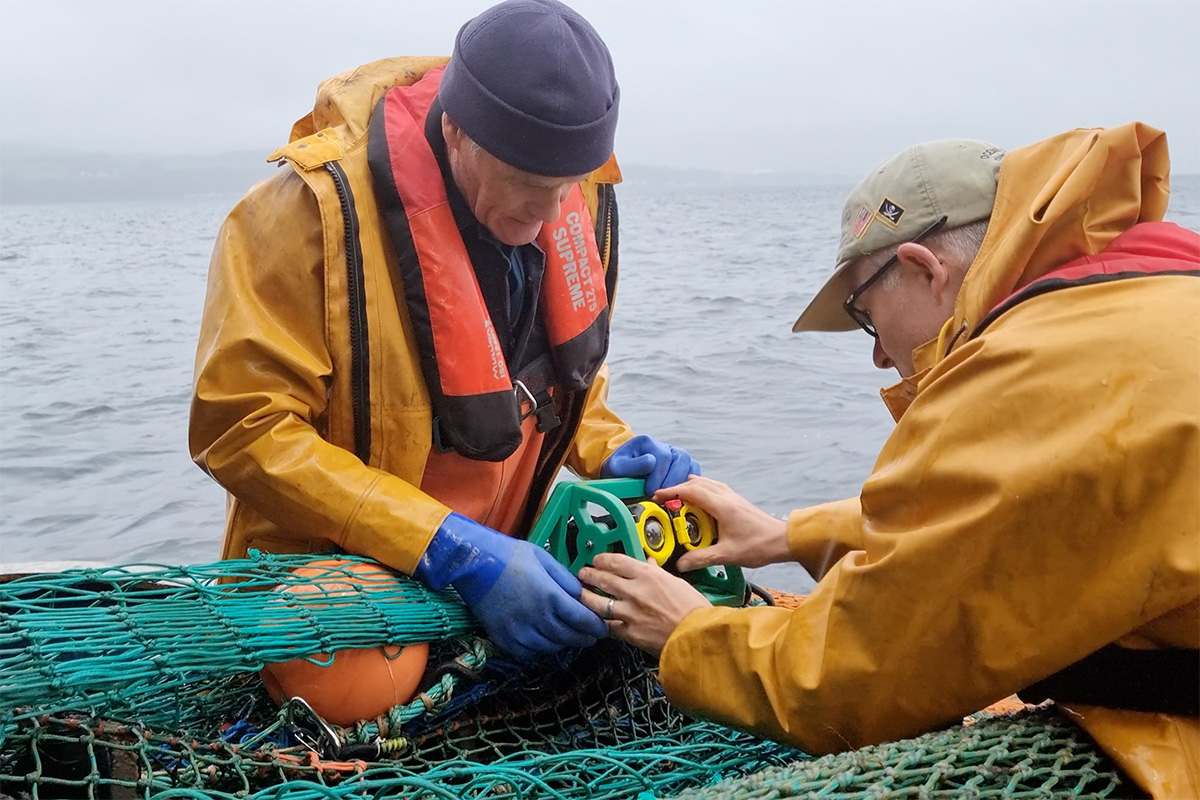
Fishing technology company SafetyNet Technologies is much more than its now well-known CatchCam, with an approach to ‘precision fishing’ that encompasses its Pisces lights, and the integration of its equipment with a range of other technologies and equipment across the industry.
However, it was the CatchCam that prompted one nomination for the company. “It only took a few days with CatchCam to see that I needed some small tweaks to the gear, to get wider bottom contact, getting a better spread, for no extra fuel consumption,” a fisherman and user of the gear said. “For years I thought I’d got the gear well-tuned. I’m fishing smarter now.”
SafetyNet Technologies head of precision fishing Tom Rossiter told FN: “We’re really pleased to have made it through to the shortlist. More often than not, fishermen have to rely on their intuition and experience to figure out how their gear is performing. However, to make fishing more efficient and sustainable, you first need to observe when, where and how fishing is taking place and what is being caught. Ultimately, the goal of precision fishing is to remove this uncertainty from fishing.”
He added: “We’ve seen how underwater footage from CatchCam has been used to redesign fishing gears quickly and effectively, as the fishermen, researchers, gear makers and engineers at SafetyNet Technologies can see the same pictures and communicate their ideas without ambiguity.
“Whilst the camera is becoming a trusted ally for commercial fishermen, products like the Pisces lights and the upcoming advanced SeaSensor are also contributing towards enabling precision fishing for a sustainable future in the fishing industry.”
Prawn separator trawl
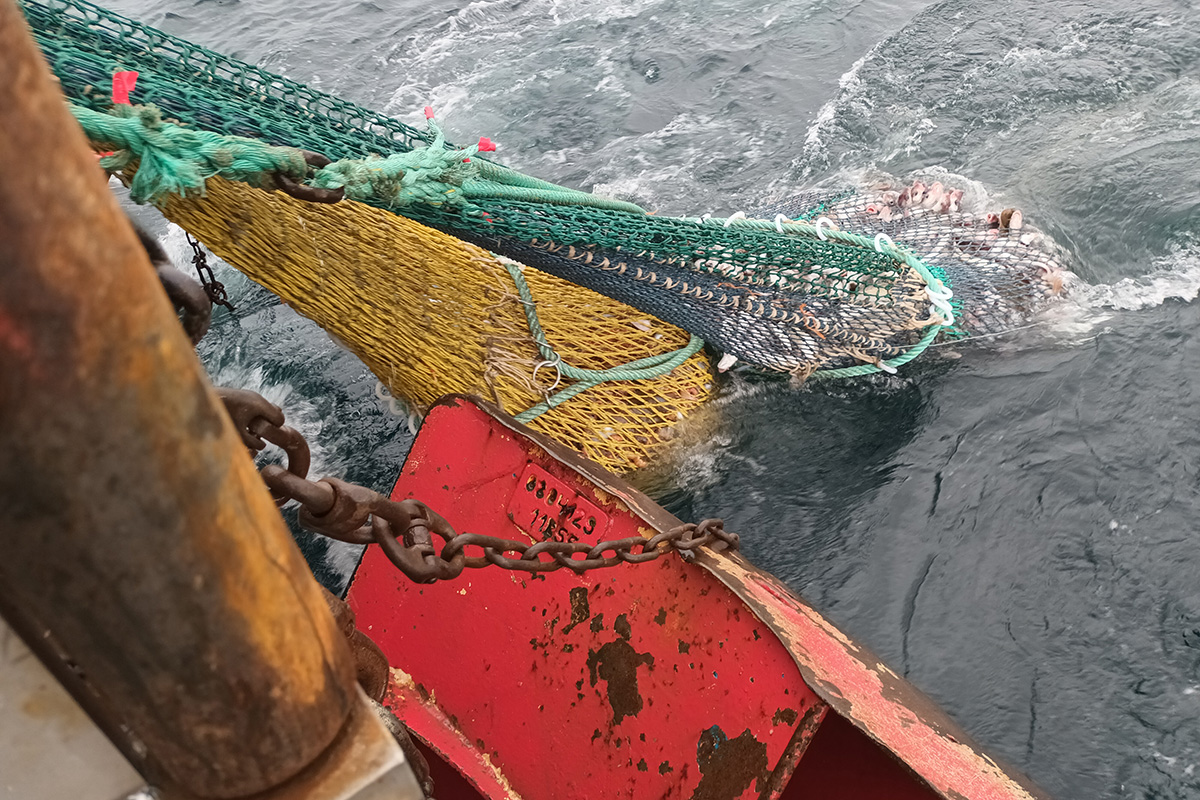
The full scientific report on the separator trawl being tested in the Farne Deeps prawn fishery isn’t due out until later in 2024, after a further series of scientific trials, but the initial results are so striking, said Shields skipper Peter Clark, that he is seeking a derogation to fish with it full-time immediately.
“It’s not just that we are seeing the volume of discards drop significantly – especially haddock – it’s the quality of the fish! We’re already benefiting in Shields from buyers recognising that we are landing day-fresh fish from the mixed fishery here, but I’m convinced that using this trawl, we’ll quickly see a price differential, the quality is so unbelievably high.”
Initial trials, part of a wider project that is also investigating bycatch reduction in the Irish Sea prawn fishery, suggest that catches of undersized haddock are all but eliminated when the separator trawl is used.
Operating with a sheet of 200mm, and 120mm mesh across the trawl just ahead of the twin codends, the design sends the vast majority of fish to the upper codend, with 100mm mesh, whilst the prawns pass through to the standard prawn codend underneath.
The gear, said Peter, has a genuine and immediate benefit for fishermen, consumers and the environment, and is a win-win for all. “I’d hope that by winning the Sustainability Award for the net, we’ll give this a real boost in seeing it rolled out across the fleet.
“To my mind, just on commercial grounds, this is a no-brainer, even before you look at the overall benefits to the sustainability of the fishery.”
Hans Unkles
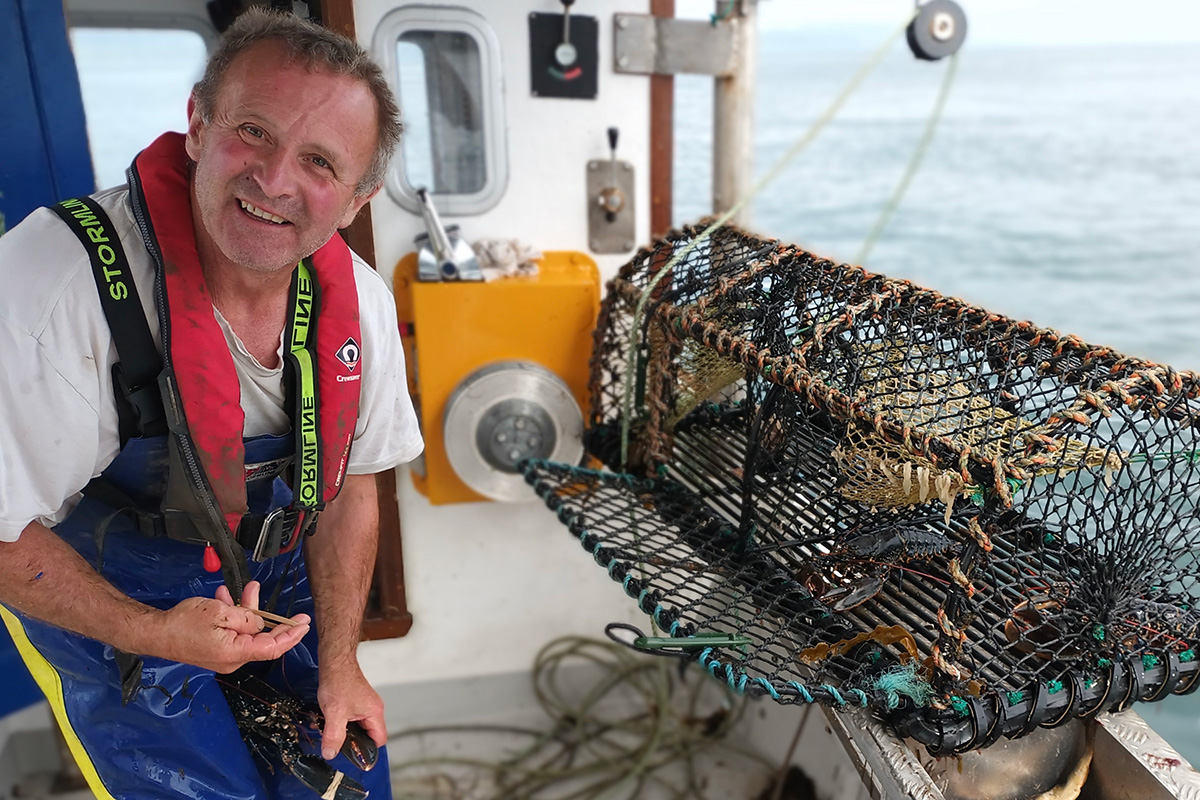
It is not just Hans Unkles’ three- year effort to fit out his C21 Lorna Jane as the UK’s first solar-powered fishing boat that got him nominated, but his entire approach to sustainability. His decision to replace his traditional diesel engine with electric power came after several years of powering his boat repair workshop, and his van, with solar panels on the roof of his workshop, in Tayvallich in the West Highlands.
These supplied over a quarter of his workshop and home power consumption and the mileage on his van, used to deliver his catch of live lobsters, crab and langoustine to local restaurants.
“The experience I had with solar power here, despite the dark winters, gave me the confidence to think I could extend the approach to my vessel,” he told FN. “For six months of the year, I am fishing two or three days a week almost entirely with solar power, which is also seeing the catch delivered for local consumption, with the lowest food miles possible. I fish to order, and as a result most of my catch is consumed locally.”
Greatly reduced running costs have allowed him to cut back on the number of creels and still be profitable. He catches his own bait as well, and is one of a group of fishermen who operate a voluntary lobster V-notching scheme.
“It’s great to be nominated for this award,” Hans said. “I hope the publicity will give others the confidence to see that the transition to more sustainable fishing is viable. Solar power is not suitable for large chunks of the industry, but working to make our fisheries sustainable in all ways – not just talking about the stocks themselves – can apply to any sector.
“I have made this commitment on my own terms, before being legislated into it. If you are not changing with the times, you will be left behind.”
Fishing for Litter
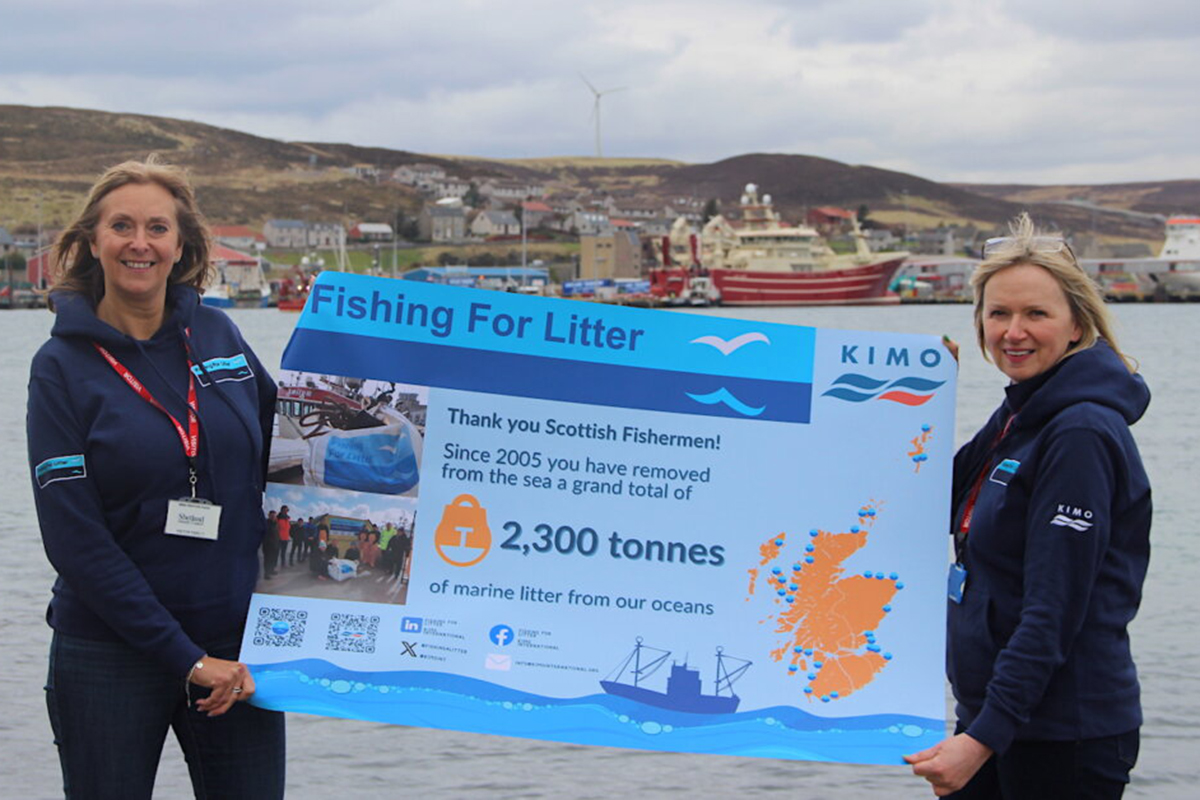
Overseen by KIMO UK, the Fishing for Litter project celebrates its 20th anniversary this year. Project co-ordinator Julia Cant explains: “This longstanding project is a simple idea designed to reduce the amount of litter in our seas. Participating vessels are given hardwearing bags to collect marine litter that is caught in their nets as part of normal fishing activities.
“In general bags are then deposited on the quayside and moved by harbour staff to dedicated skips. The project manages the safe and responsible disposal of the waste once brought ashore, along with the associated costs.”
One of the project’s nominators said: “KIMO provides a fantastic project to aid the removal of discarded fishing gear and other marine litter – over 2,600t has been collected since the project’s inception, and it continues to gain momentum.”
Sixty-three harbours UK-wide now participate in the project, with the number having doubled in the past two years. The scheme is now working to develop more recycling possibilities, as well as developing its network of dedicated liaison personnel to enable more port visits and more face to face connection with fishing communities.
The nominator added: “It’s a win-win for all – the vessels get to dispose of any gear or equipment they catch or come across during their routine operations and dispose of it safely and without costs to themselves. We are proud to be part of this initiative.”
This story was taken from the latest issue of Fishing News. For more up-to-date and in-depth reports on the UK and Irish commercial fishing sector, subscribe to Fishing News here or buy the latest single issue for just £3.50 here.
Sign up to Fishing News’ FREE e-newsletter here.

